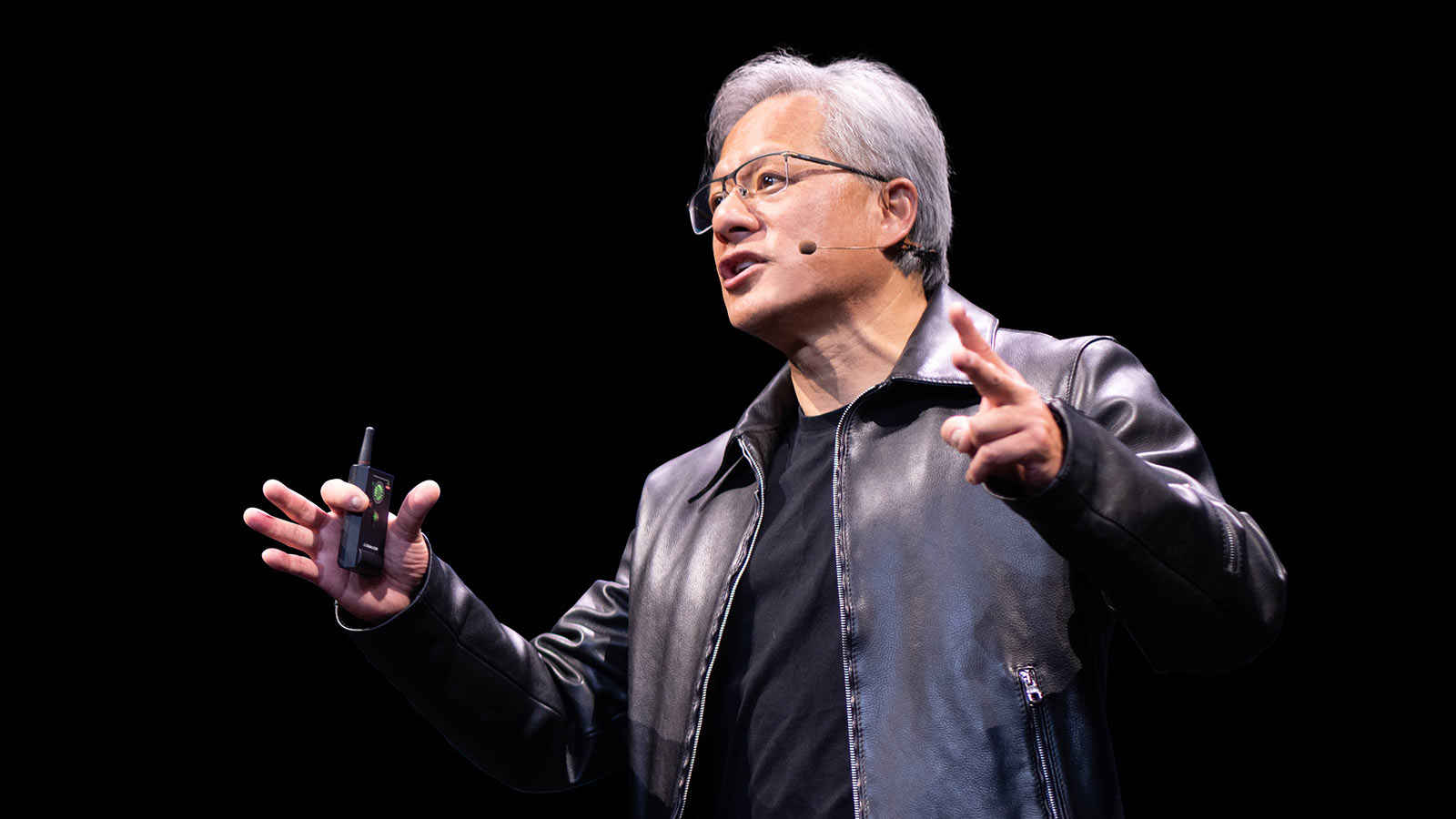
Nvidia on Wednesday became the world's first company to reach a market capitalization of $4 trillion, making it the world's most valuable company ever. The company's stock price is driven by the AI frenzy as well as its unique position in the AI ecosystem as the key supplier of hardware and software stack for training and inference.
By reaching the $4 trillion market capitalization, Nvidia not only left behind such tech giants as Apple, Amazon, Alphabet (Google), Meta (Facebook), and Microsoft, but also the vast majority of semiconductor companies. Only Broadcom ($1.298 trillion) and TSMC ($1.2 trillion) are in the Top 10 of the world's most valuable companies and are among the three semiconductor firms to reach a trillion-dollar capitalization mark.
Other semiconductor companies, such as ASML ($313.22 billion), AMD ($226.76 billion), Texas Instruments ($197.61 billion), Arm Holdings ($161.3 billion), and Qualcomm ($175.67 billion) are far from touching a $1 trillion market capitalization. Intel, once an investors' darling, is now valued at $101.26 billion.
Such a huge difference between the market capitalization of Nvidia and its industry peers underscores the unique position that Nvidia holds in today's high-tech ecosystem.
The company supplies AI GPUs to virtually all of the AI leaders, including Microsoft, Amazon, Alphabet, Meta, OpenAI, and xAI, just to name a few. So far, only Microsoft Azure has warned that it would slow down the expansion of its data centers. Other companies are well on track to expand their AI clusters to hundreds of thousands or even millions of Nvidia GPUs in the coming years, so the sky is blue for Nvidia.
Observers believe that investors' optimism about Nvidia stems from three factors. Firstly, they expect the AI sector to continue growing in the coming years, which will ensure growing sales of AI hardware. Secondly, Nvidia is expected to sustain its leading position on the market as so far, no company has unveiled hardware that can match the performance and scalability of Nvidia's GPUs for AI training and inference. Thirdly, investors now expect the U.S. to reach trade deals with the most important partners, which will ensure the company's ability to supply its products to growing markets, including the Middle East and Europe, which will offset the company's current inability to supply high-performance AI GPUs to China.
Follow Tom's Hardware on Google News to get our up-to-date news, analysis, and reviews in your feeds. Make sure to click the Follow button.







